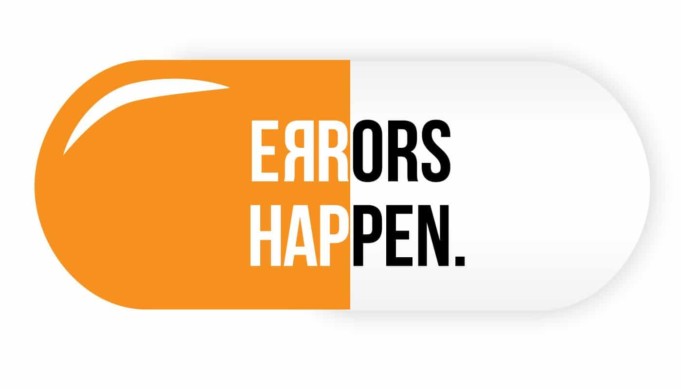Most kids get sick from time to time. It’s part of childhood and often starts in day care or preschool when your kids are in contact with other kids.
It’s easy to make medication mistakes. Here are some of the most common.
Wrong dose
Medicines do change. It might be a liquid this time when it was pills last time. There may be new guidelines and cautions. Don’t be tempted to give more than prescribed dose of medication to make it work faster.
The wrong measure
The directions say a teaspoon. You grab a spoon from the drawer, but does it hold exactly a teaspoon?
Some spoons are bigger or smaller than a teaspoon and can hold two or three times the right dose, according to the International Journal of Clinical Practice
Double dose
This can happen when you are tired or taking care of multiple kids. Every year, 71,000 children are treated in emergency rooms for accidental medication poisoning. These errors can cause dangerous side effects and discomfort for the child.
“A young child’s small size and immature metabolic system makes him much more vulnerable to medication mistakes,” said Daniel Frattarelli, M.D., chair of the AAP’s committee on drugs, and a pediatrician.
Stopping the medicine too soon
Your child seems better now after three or four days on the medicine. You think she does not need it any more so you save it. You think that you can use it the next time she gets sick.
You should always give the medicine the full time prescribed unless the physician says otherwise. Giving the full dose the full time makes sure the disease germs are gone and don’t come back.
It’s a mistake to give the medicine next time the child is sick unless the pediatrician approves of it. The next illness might seem to be the same but it could have a different cause or need a different treatment.
Medicating for the wrong purpose
I used to know a woman who put rum in her baby’s bottle to make him sleep all night. Some people use an antihistamine to make their children sleepy when on a plane or car trip.
Make sure you use medication for the right purpose or according to a doctor’s directions.
Playing Doctor
Most of us have diagnosed a child’s illness. Another child has strep so we can give the other child the same medicine when she gets sick also. Leave the diagnosis to the doctor.
Using age as a guide instead of weight. Kids come in a delightful variety of sizes at the same age. If your child is big or small for his age or obese make sure you use the weight guides for the right amount of medications even when giving over the counter meds.
Not reading the label
Dosages and recommended amounts change from time to time. Read the label whenever you start a new bottle of any medication.
Make sure it is the right medicine at the right dosage for the right patient at the right time. Play it safe with your children and when in doubt, call the pediatrician for advice. She knows your child best and knows what to do.












